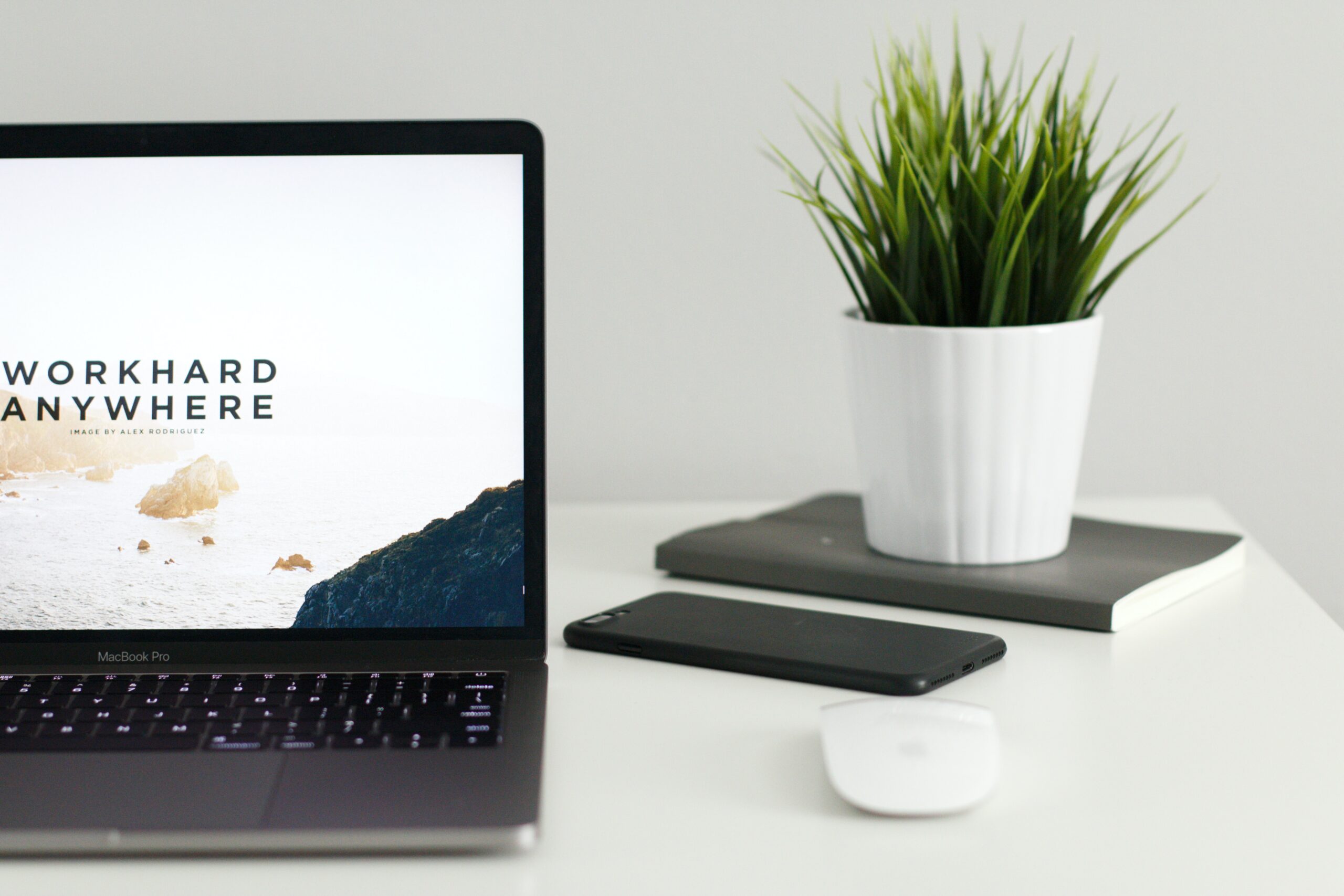Take What Works, Leave the Rest

Do you hear the opportunity in this phrase?
Photo by Kevin Bhagat on Unsplash
Take what works and leave the rest. I have heard this expression a few times in various settings. At first, I thought, is this what you say when you don’t feel like completing something? When I was growing up in an immigrant family that came to the U.S. in the early 1970s, my dad would often hold us captive for his many lectures on life, hard work, and success. One of his frequent lines to us, especially if we complained about something school-related, was, “90% of life is doing what you don’t want to do.” So basically, get over it and just do it! Recently, my 24-year-old son was complaining about something at work and he said, “I know what you always say, 80 % of life is doing what you don’t want to do.” Hmmm. That did not sound like positive parenting when I heard it said back to me that way.






